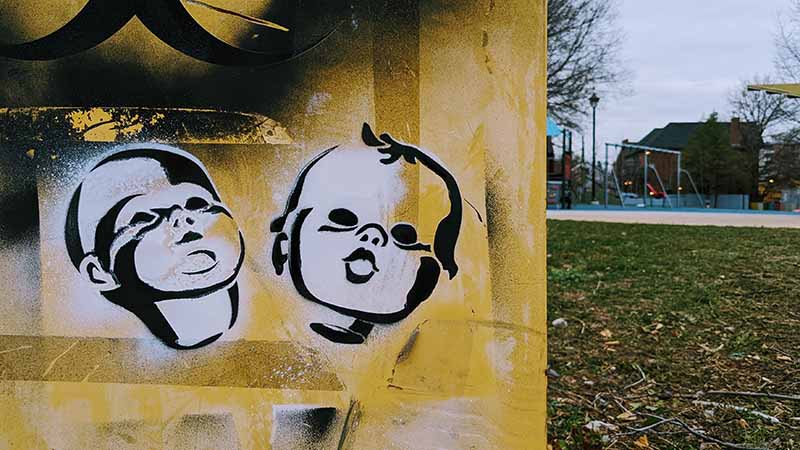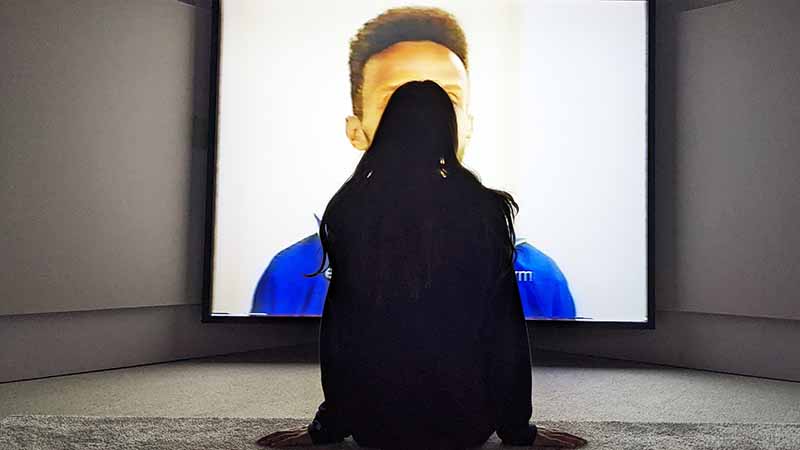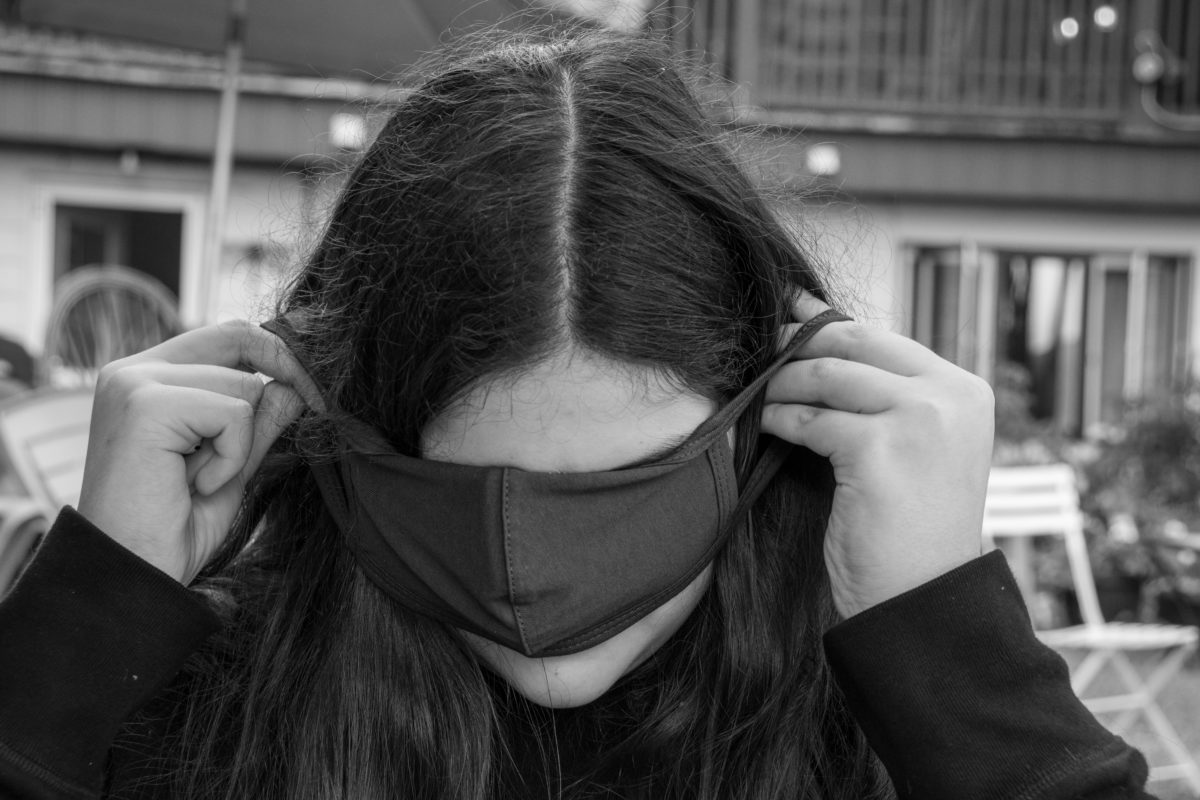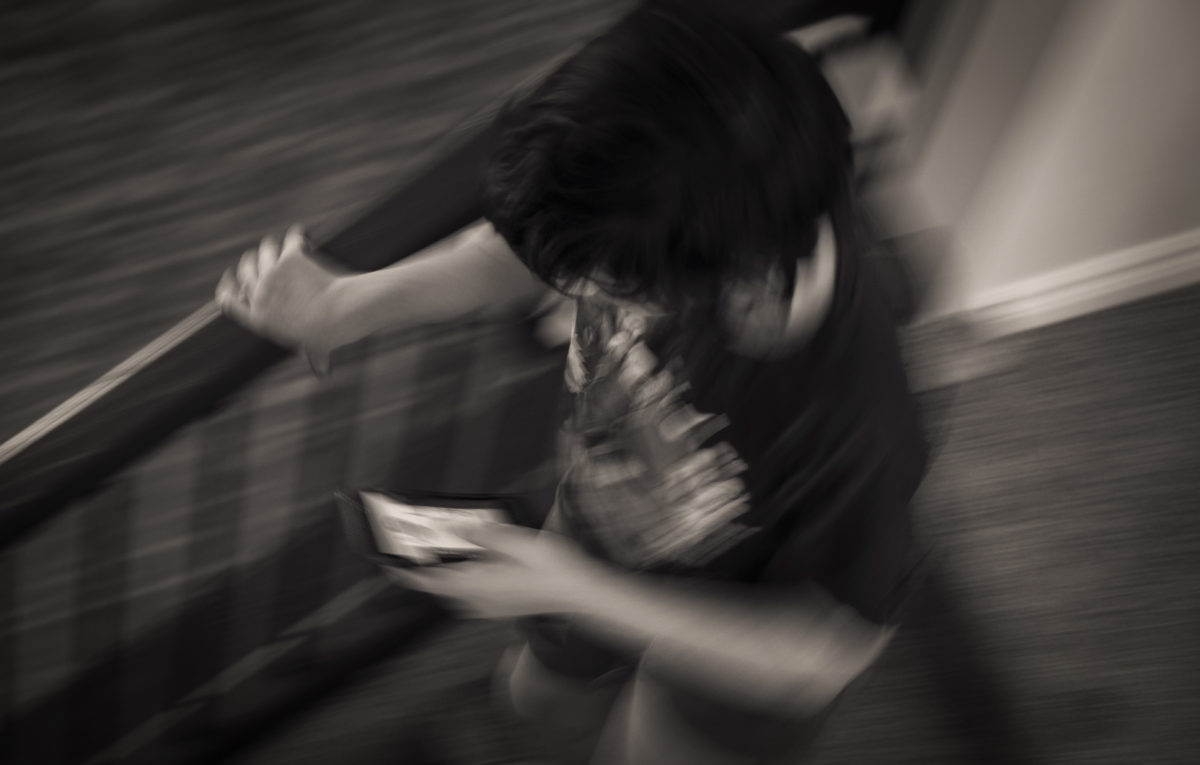-

Editors’ Note – Studying: An Invitation to Early Childhood Education
Our conversation with Dr. Walter Kohan emerged from a conference that he had convened alongside colleagues at Center for Philosophies…
-

College Professors: Actors¹ in Early Childhood Education
Kathleen Kummen (Ph.D, ECE) is the Co-Director of BC Early Childhood Pedagogy Network and the Chair of the School of…
-

Thinking with Waste
Lindsay Sparkes (RECE) is Pedagogist with the Pedagogist Network of Ontario at London Bridge Childcare Services. Across the world there…
-

Dialogues on Complexifying Care in ECE
Danielle Wittick is a Pedagogist with the Pedagogist Network of Ontario at NYAD Community Inc. Gabrielle Monique Warren is a…
-

Thinking with Study in Early Childhood
Dr. Walter Kohan is a Professor at Rio de Janeiro State University. In this conversation, Dr. Walter Kohan speaks with…
-
Public Lecture by Dr. Sharon Todd – Worlding Pedagogies: Educational and Aesthetic Encounters in the Time of Climate Emergency
Dr. Sharon Todd’s public lecture will be hosted by the Pedagogist Network of Ontario on October 25, 2023 at 5:00pm…
-

Editors’ Note Issue 4
“No time passed is good enough for my living,” Dionne Brand – a Black poet and essayist who lives in…
-

Returning to Re:
“The pandemic has left a mark on all of us in disproportionate ways. The prospect of re:opening from the pandemic,…
-

In Conversation with Dr. Adam Davies
In the early autumn, Cristina and Nicole engaged with Dr. Adam Davies to think together about the work of crafting…
-

Returning as/with Post-Secondary Pedagogists
What modes of returning matter to post-secondary institution (PSI) pedagogists as they return not just to the college or university…
